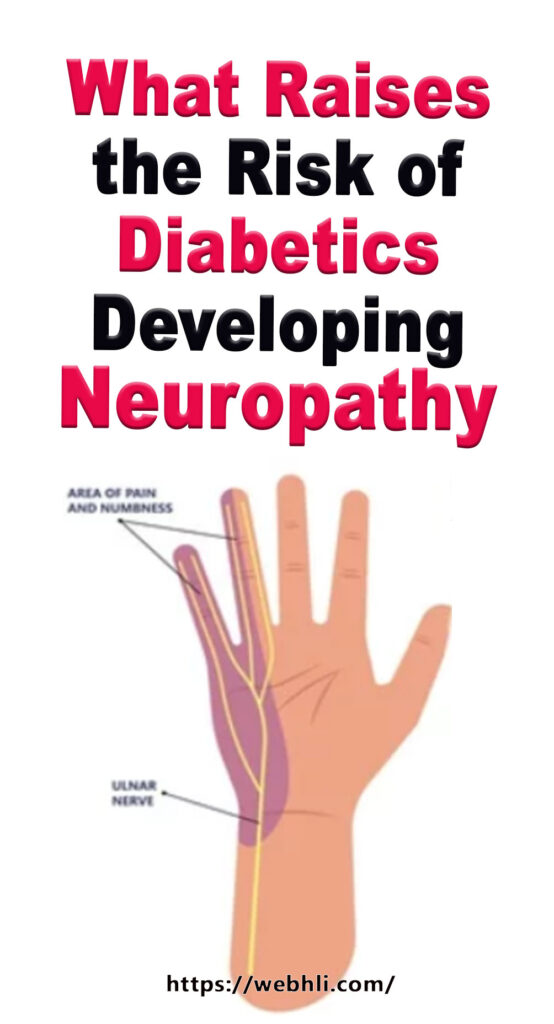
In February of 2018 the journal of the American Diabetes Society, Diabetes Care, reported on a study showing obesity, low HDL levels, and a molecule called methylglyoxal raise the risk of developing diabetic neuropathy in people who have been diagnosed with Type 2 diabetes.
Scientists at Aarhus University in Denmark and several other research facilities in Denmark, Germany, and the United States, watched the progress of many Type 2 diabetics for 13 years. A total of 10 percent of these participants developed neuropathy...
WHAT CAN YOU EAT IF YOU HAVE DIABETES
Good Energy Food for Diabetics
10 Simple Food Concepts Every Person Living With Diabetes Should Know
Making Cheesecake For Diabetics
Enjoy the Taste and Benefits of Diabetic Foods
Will The Mulberry Leaf Help Your Diabetes?
- obese diabetics had a 14 percent higher risk of neuropathy than the normal-weight participants.
- the participants with high HDL levels had an 18 percent lower risk of developing neuropathy.
- it was found high methylglyoxal levels were linked with a 45 percent higher chance.
1. In 2016 scientists at the University of Tokyo found being obese increased the pain in neuropathy.They speculated the inflammation caused by obesity could be the cause.
2. The following year, in 2017, researchers at Universidade Federal do Rio Grande do Sul in Brazil reported on a study in which low HDL levels were linked with neuropathic pain in people with the metabolic syndrome, a condition similar to Type 2 diabetes.
3. Methylglyoxal is formed when sugar, or glucose, is broken down. Nerve cells need a lot of energy which they get from breaking down glucose. This is a double-edged sword because methylglyoxal is poisonous to nerve cells. Levels tend to be high in people who have been diagnosed with diabetes.
In April of 2017, the Federation of American Societies for Experimental Biology (FASEB) reported on a study of the relationship between fasting blood sugar levels and methylglyoxal. The study included...
- 234 healthy individuals, and
- 254 people diagnosed with Type 2 diabetes.
For every 1 percent increase in fasting blood sugar levels there was a 0.23 percent increase in methylglyoxal in Type 2 diabetic participants, but not in the nondiabetic participants.
Diabetic neuropathy can affect just the feet and legs or can take a stocking-glove distribution affecting the hands as well. Nerves damaged by high levels of sugar cause sensations of numbness and pins and needles. Keeping blood sugar levels under control is the best way to prevent neuropathy or keep the problem from getting worse. Several medications are used to treat the condition...
- antidepressants: Tricyclics and Duloxetine,
- antiseizure medications: Pregabalin and Gabapentin,
- creams, and
- anti-pain medications.
Other treatments consist of...
- exercises,
- massage, and
- transcutaneous electrical nerve stimulation (TENS). The TENS treats pain by providing electrical impulses to nerve endings under the skin.
Although managing your disease can be very challenging, Type 2 diabetes is not a condition you must just live with. You can make simple changes to your daily routine and lower both your weight and your blood sugar levels. Hang in there, the longer you do it, the easier it gets.
Check out these related articles, too:
How Lemon and Lemon Water Can Help Reverse Diabetes
Urinary Tract Infection Home Cure
Control Your Diabetes Better With These Helpful Tips
Gastroparesis - A Challenge to Control
Blood Sugar Control and Diet - A Plan to Reverse Diabetes
Diabetes Natural Home Remedies – Worth a Try?
Can Magnesium Prevent Diabetes?
Zinc Shown to Promote Insulin Production In Diabetics
For nearly 25 years, Beverleigh Piepers has searched for and found a number of secrets to help you build a healthy body. Go to http://DrugFreeType2Diabetes.com to learn about some of those secrets.
The answer isn't in the endless volumes of available information but in yourself.
Article Source: http://EzineArticles.com/9897178

 Protected by Patchstack
Protected by Patchstack